Jedwabne Rewritten: Poland’s Pogrom, Whitewashed
Poland's New Memorial Stones Don’t Honor the Dead—They Mock Them
On July 10, 1941, in the Polish town of Jedwabne, hundreds of Jews—men, women, and children—were rounded up by their Polish neighbors. They were beaten, humiliated, and finally locked in a barn, which was then set ablaze. Entire families were burned alive. This was not a Nazi-led massacre. Though German occupiers were present in the region, the violence was carried out by local Poles, in full view of the town. The barn smoldered with the bodies of people who had lived there for generations—shopkeepers, students, rabbis, children. Their property later taken by the same neighbors who burned them in the barn.
Yesterday, eighty-four years later, as the world gathered to remember one of the most brutal pogroms of the Holocaust era, new plaques appeared near the memorial site—not to honor the victims, but to mock them. Funded by a right-wing crowdfunding campaign and championed by a revisionist author, the newly erected stones claim that “evidence and witness accounts disprove the claims of Polish perpetration.” One plaque even asserts that “many Jews sympathized with communism” and “took satisfaction” in Poland’s historical suffering.
The newly installed stones at the Jedwabne memorial are acts of symbolic vandalism. They reframe the pogrom not as a moral catastrophe, but as a misunderstanding—where Poles were either manipulated or innocent altogether. Worse, they invert the narrative: suggesting Jews were Soviet collaborators, ideological enemies, and perhaps even deserving of suspicion.
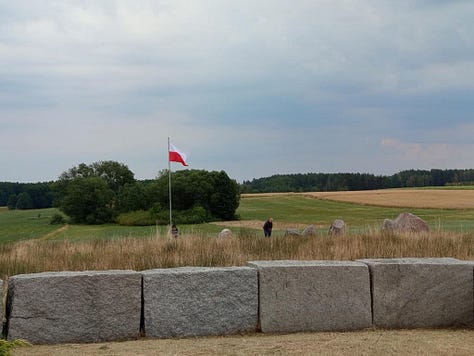
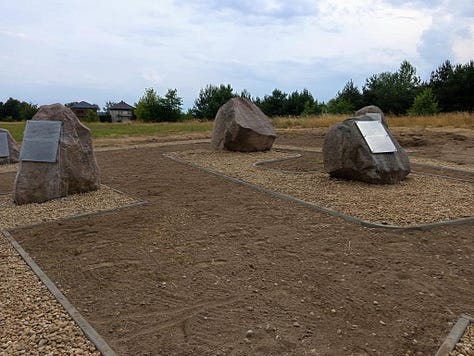
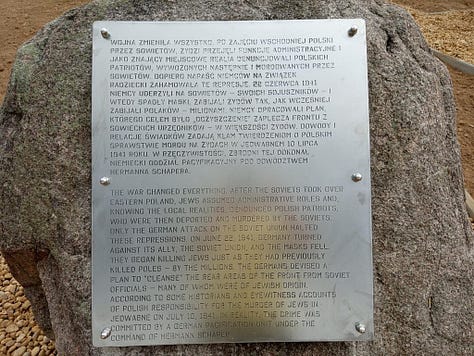
The installation is a deliberate act of political self-will, intended to activate nationalists and conspiracy-driven groups on the far right. The plaques as a patchwork of misused quotes, distorted facts, and antisemitic conspiracy theories. They cite the words of rabbis and Jewish historians—not to honor them, but to mock them— pulling statements by figures like Emanuel Ringelblum and Adam Czerniaków out of context. One of the most absurd claims is the suggestion that “Jews created the ghettos themselves,” based on the Nazi lie that the ghettos were a peaceful way to survive the war and that only Catholic Poles were the true targets.”
This is not merely Holocaust revisionism.
It is Holocaust inversion.
To install such plaques on the anniversary of the massacre, at the site where Jewish victims were incinerated by their neighbors, is a deliberate act of cruelty. Holding a Catholic mass to “inaugurate” the installation? That’s not remembrance. It’s sacrilege.
Yad Vashem, Israel’s Holocaust memorial institution, responded with moral clarity: “a blatant falsification of history” and an “offensive installation.” Poland’s Chief Rabbi Michael Schudrich called it what it is: “a manifestation of the disease that is antisemitism.”
Jedwabne wasn’t an isolated event—it was one of several pogroms across eastern Poland that summer. But it became a symbol, because it exposed a truth too many wanted to forget: that not all Holocaust crimes were committed by Nazis, and not all victims were strangers to their killers. This installation isn’t just historical revisionism. It is historical necrophilia. It is desecration—not only of Jewish graves, but of truth itself.
The Jedwabne massacre was not some obscure wartime footnote. It has been the subject of national debate, meticulous investigation, and international reckoning. In 2000, Polish historian Jan Tomasz Gross published Neighbors, The Destruction of the Jewish Community in Jedwabne, Poland, a shattering account that revealed how the massacre was committed not by German occupiers, but by the local Polish population.
The reaction was immediate and hostile—against the book, against Gross, and against the idea that Poles, so often seen solely as victims of Nazi oppression, could also be perpetrators.
To its credit, Poland’s own Institute of National Remembrance (IPN) eventually confirmed the core facts: that local Poles carried out the massacre, albeit under the shadow of German occupation. It was an uneasy truth, but a necessary one.
Yet truth is not a fixed monument. It is a battlefield.
The attempt to rewrite Jedwabne is not unique. Across Europe, nations that once collaborated with the Nazis have, in the decades since, weaponized their own victimhood. From Vichy France to Horthy’s Hungary to Quisling’s Norway, local complicity was widespread, yet the postwar narratives defaulted to denial.
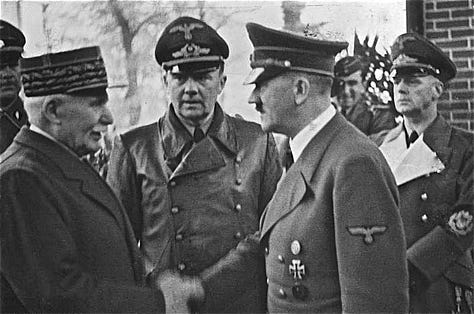
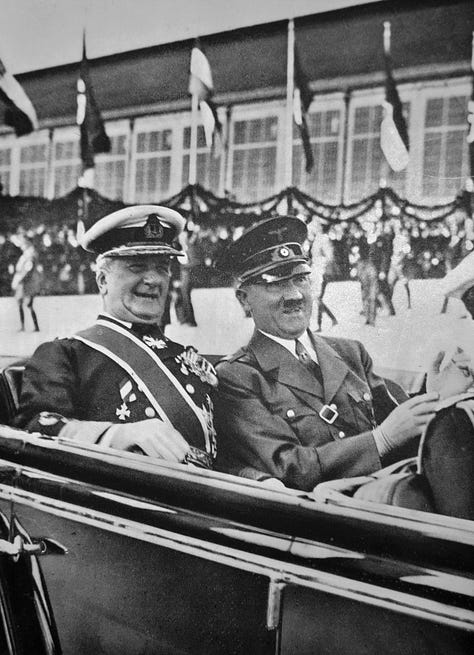
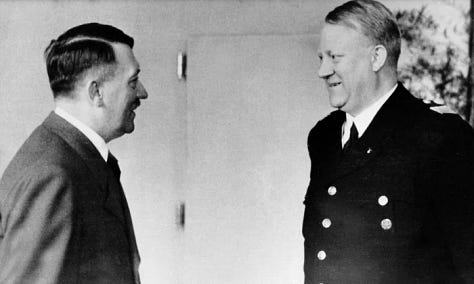
What makes Jedwabne especially obscene is not just the distortion of history, but the deliberate timing and placement of that distortion. This isn’t academic debate. It is a ceremonial intrusion into sacred ground, timed to coincide with remembrance. On Thursday, a large crowd of supporters gathered for the official opening of the new memorial, marking the occasion with a Catholic mass to “inaugurate” it? That’s not remembrance. It’s sacrilege..
In an age where antisemitism is rebranded as resistance, this kind of historical laundering is no longer a Polish anomaly. It is a global phenomenon. Mass murder is repackaged as “context,” and Jewish death is explained away as political consequence.
The question is no longer “Did it happen?”
It is: Who gets to say what happened?
The new plaques at Jedwabne don’t just dishonor the dead.
They endanger the living.
Because a world that lies about its past is one step closer to repeating it.
Never forget is a promise.
Never again is now.









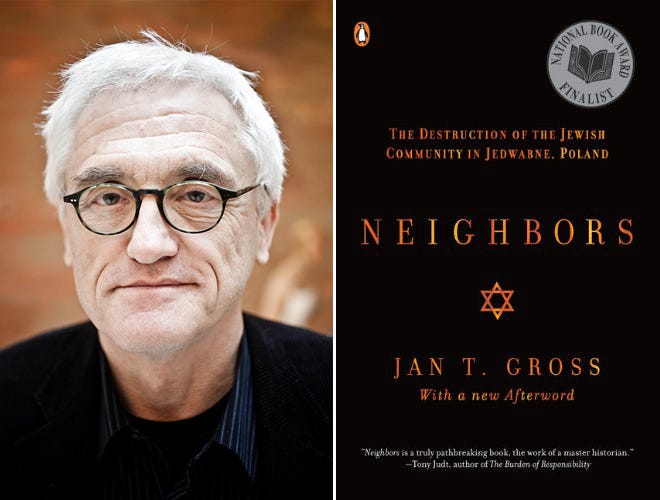
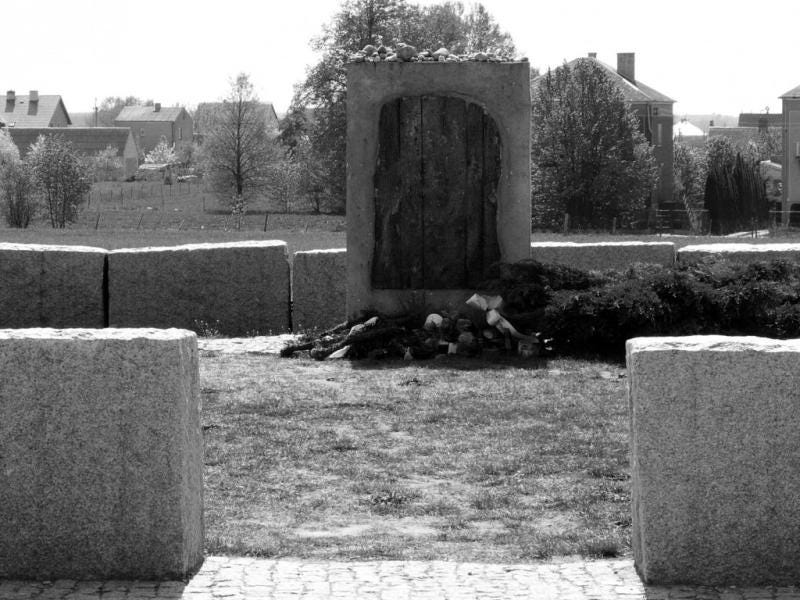
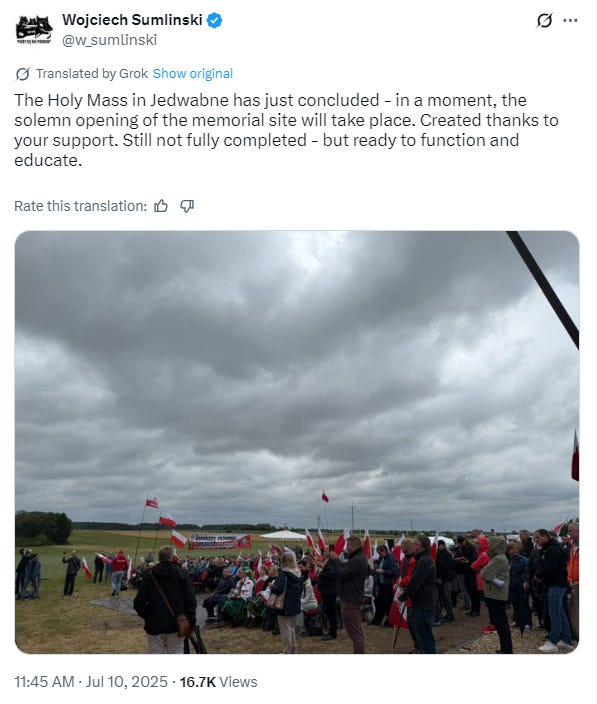

This is disgusting.